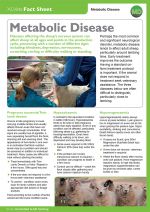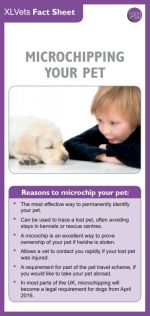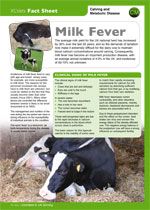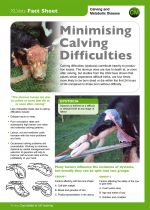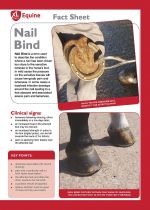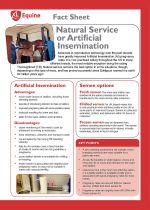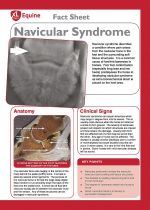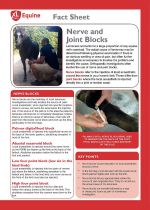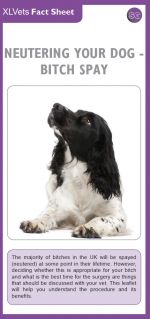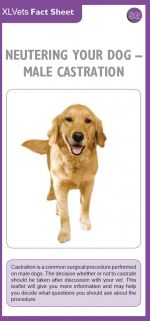Factsheets -
Below are Word and PDF files of our Factsheets. You will need Adobe Reader to view the PDF files - if you need to download Adobe Reader please click here.
Please note: some of these factsheets are several pages long and are large files, so please be patient when downloading!
Metabolic Disease
Perhaps the most common and significant neurological disorder, metabolic disease tends to affect adult sheep, particularly around lambing time.
Microchipping
Microchipping is an important part of responsible pet ownership and provides peace of mind that that if your pet was to go missing, he or she would have the best chance of being returned home safe and sound.
Minimising Calving Difficulties
This factsheet provides details about how you can minimise calving difficulties.
Nail Bind
Nail bind is a term used to descibe the condition where a nail has been driven too close to the sensitive laminae in the horse's foot.
Natural Service or Artificial Insemination
Advances in reproductive technology over the past decade have greatly improved Artificial Insemination (AI) pregnancy rates. It is now practised widely throughout the UK in many different breeds, the most notable exception being the racing Thoroughbred (TB). Natural service remains the best option in some situations, though, depending on the type of mare, and has proved successful since Eohippus roamed the earth 50 million years ago!
Navicular Syndrome
Navicular syndrome describes a condition where pain arises from the navicular bone in the foot and the surrounding soft tissue structures. It is a common cause of forelimb lameness in horses. Poor foot conformation (especially long toes and low heels) predisposes the horse to developing navicular syndrome as extra biomechanical strain is placed on the heel area.
Nerve and Joint Blocks
Lameness accounts for a large proportion of any equine vet’s caseload. The actual cause of lameness may be determined following physical examination if there is an obvious swelling or area of pain, but often further investigation is necessary to localise the problem and identify the cause. Orthopaedic investigations often involve the use of nerve and joint blocks.
Nerve blocks refer to the injection of local anaesthetic around the nerves in your horse’s limb. These differ from joint blocks where the local anaesthetic is injected directly into a joint or tendon canal.
Neutering Your Dog - Bitch Spay
The majority of bitches in the UK will be spayed (neutered) at some point in their lifetime. However, deciding whether this is appropriate for your bitch and what is the best time for the surgery are things that should be discussed with your vet. This leaflet will help you understand the procedure and its benefits.
Neutering Your Dog - Male Castration
Castration is a common surgical procedure performed on male dogs. The decision whether or not to castrate should be taken after discussion with your vet. This leaflet will give you more information and may help you decide what questions you should ask about the procedure.
